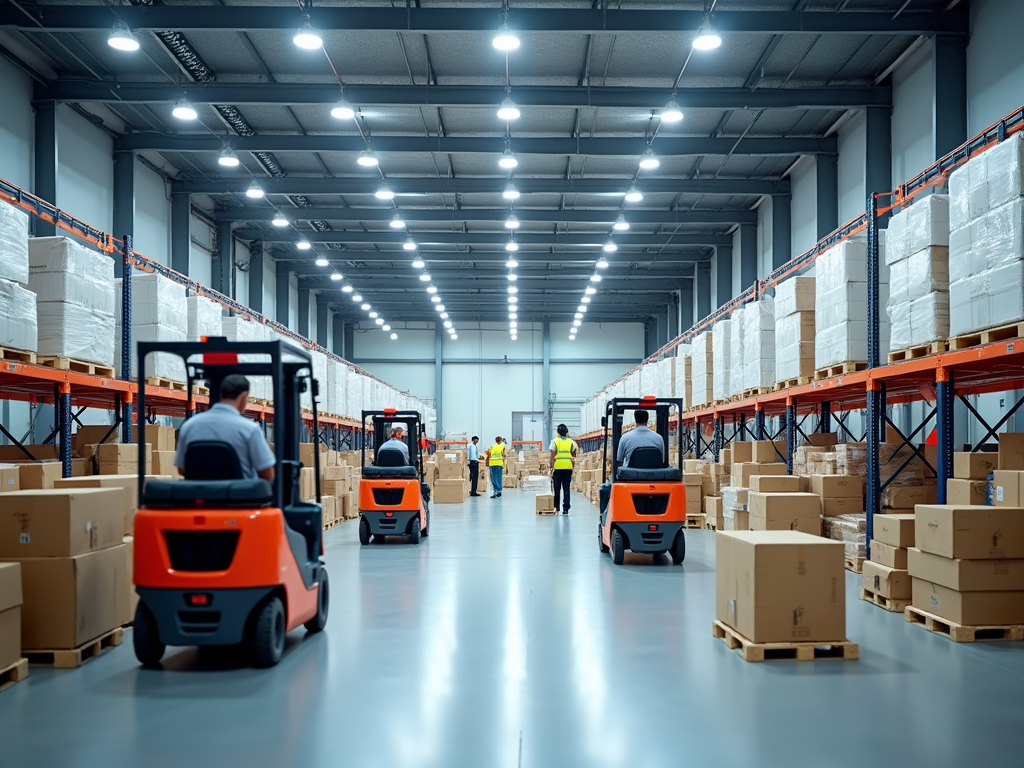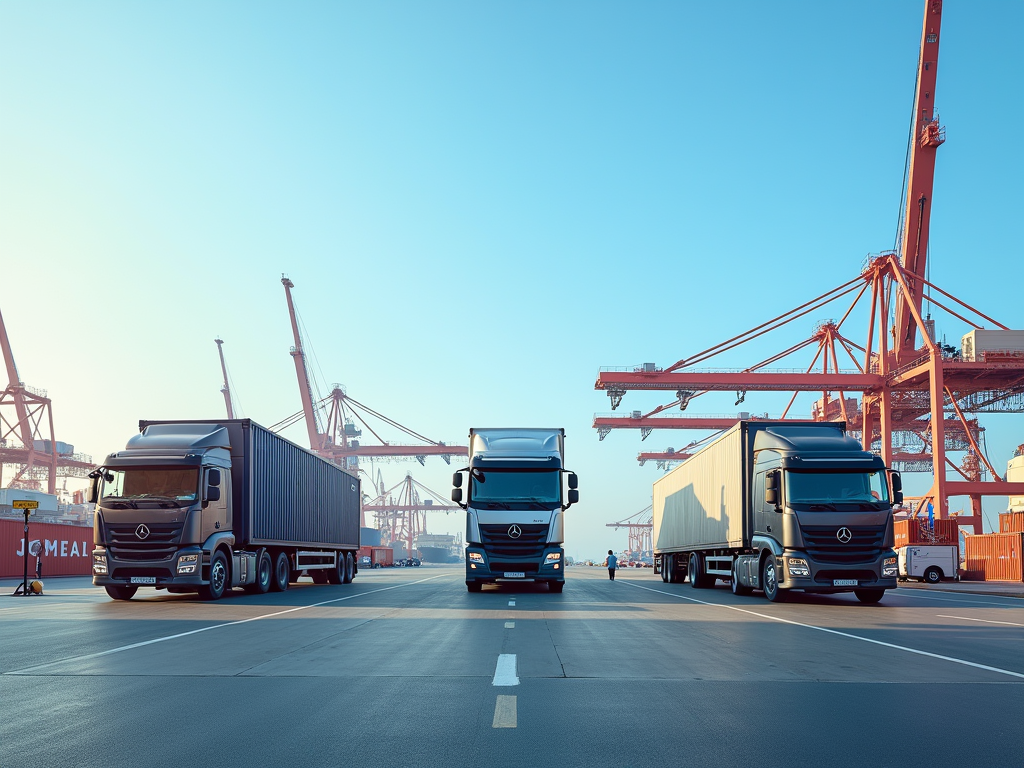Dubai’s logistics hub plays a pivotal role in enhancing the e-commerce sector, positioning the emirate as a central player in global trade and online shopping. With its strategic geographical location, state-of-the-art infrastructure, and a robust regulatory environment, Dubai serves as a gateway not only to the Middle East but also to Africa and Asia. The efficient logistics framework supports rapid order fulfillment, offering businesses the ability to meet the increasing demands of e-consumers. This article delves deeply into the various components that make Dubai an indispensable logistics hub for e-commerce development.
Strategic Location and Connectivity

One of the most significant advantages of Dubai as a logistics hub is its strategic location, which connects the East and West seamlessly. This geographical positioning allows for enhanced distribution networks within a few hours of travel to major markets, facilitating quicker shipping times. The city boasts two major airports—Dubai International Airport (DXB) and Al Maktoum International Airport (DWC)—along with a vast network of ports such as Jebel Ali, one of the busiest ports in the world. These transportation facilities enable efficient intra-regional and international shipping. Key factors include:
- Proximity to Emerging Markets: Dubai’s location allows easy access to rapidly growing markets in Asia, Africa, and Europe.
- World-Class Infrastructure: The highly developed infrastructure supports businesses in managing shipping and logistics efficiently.
- Transport Diversity: With various options like air, sea, and land transport, companies can choose the most cost-effective solution.
Advanced Technological Integration

Technology is reshaping the logistics landscape, and Dubai is embracing this transformation wholeheartedly. The incorporation of cutting-edge technologies in warehouse management systems, automated inventory tracking, and last-mile delivery solutions significantly boosts efficiency. For instance, logistics companies in Dubai are increasingly employing Artificial Intelligence (AI), data analytics, and the Internet of Things (IoT) to optimize operations and reduce costs. Key benefits of tech integration in logistics include:
- Improved Supply Chain Management: Technology facilitates real-time tracking of shipments, enhancing visibility.
- Cost Reduction: Automation in logistics lowers operational costs by minimizing human errors and resource wastage.
- Faster Delivery Times: Advanced routing systems improve delivery accuracy and speed, benefiting the e-commerce model.
Regulatory Framework and Business Ecosystem
Dubai benefits from a business-friendly regulatory framework that encourages trade and investment in the logistics sector. The government has established free zones like the Jebel Ali Free Zone and the Dubai Logistics City, which offer tax incentives, simplified customs procedures, and 100% foreign ownership. These measures not only attract international businesses but also create a more competitive e-commerce environment. Benefits of this regulatory ecosystem entail:
- Ease of Doing Business: Simplified processes and clear regulations foster a conducive environment for businesses.
- Attractive Investment Climate: The tax incentives and free trade zones provide financial benefits to logistics companies.
- Enhanced Collaboration: The clustering of logistics companies leads to synergies and knowledge sharing.
In the realm of e-commerce, last-mile delivery is critical, and Dubai has made significant strides in this area. With a rapidly growing customer base in online shopping, the demand for efficient last-mile delivery has surged. Companies leverage innovative delivery models, such as drone services and automated delivery vehicles, to enhance customer experience and reduce delivery times. Key elements of Dubai’s last-mile delivery strategies include:
- Urban Distribution Centers: Strategically located centers allow for quick dispatch and fulfillment of orders.
- Collaborations with Tech Firms: Partnerships with tech innovators help logistics companies integrate new solutions.
- Flexible Delivery Options: Consumers enjoy a range of delivery options, including same-day delivery and scheduled delivery windows.
Conclusion
In summary, Dubai’s logistics hub is fundamental in propelling the e-commerce sector to new heights. Its strategic location, advanced technological integration, favorable regulatory environment, and innovative last-mile delivery solutions collaboratively create an ecosystem where e-commerce can thrive. As global trade continues to evolve, Dubai remains at the forefront, positioning itself as a model for logistics excellence and a magnet for e-commerce growth.
Frequently Asked Questions
1. What makes Dubai a strategic location for logistics?
Dubai’s strategic geographical position connects major markets in Europe, Asia, and Africa, facilitating quick and efficient distribution networks that are vital for logistics and e-commerce.
2. How does technology influence logistics in Dubai?
Dubai is incorporating advanced technologies like AI, IoT, and data analytics to improve supply chain management, reduce operational costs, and enhance delivery speed, crucial for the rapidly evolving e-commerce landscape.
3. What are the benefits of Dubai’s free zones for logistics companies?
The free zones offer tax incentives, simplified customs procedures, and 100% foreign ownership, making it an attractive destination for logistics operations and fostering a competitive business environment.
4. How is last-mile delivery evolving in Dubai?
Last-mile delivery solutions in Dubai are evolving through the use of urban distribution centers, drone services, and partnerships with tech firms, improving efficiency and customer satisfaction in the e-commerce realm.
5. Why is logistics critical for e-commerce growth in Dubai?
Logistics is crucial for e-commerce as it directly impacts delivery times, customer satisfaction, and operational efficiency—key factors driving online shopping growth in Dubai and beyond.
